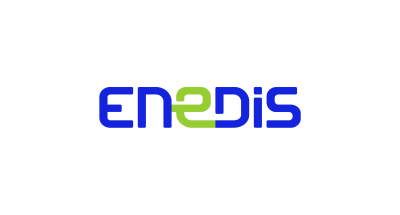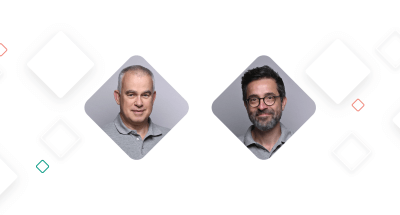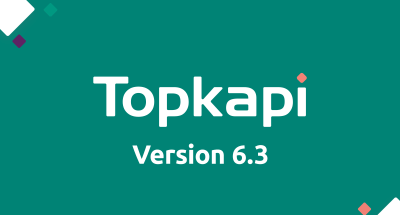
Industrial supervision: 5 points to address before starting a project
The implementation of an industrial supervision system, or SCADA (Supervisory Control and Data Acquisition) software, is a structuring project for a company. It impacts operational performance, safety, maintenance and decision support. To ensure its success, it is essential to ask the right questions during the preliminary phase.
1. What are the specific needs and objectives of the project?
First, it is necessary to clearly define what is expected of the SCADA system. Why is industrial supervision needed? To supervise a production line, optimise maintenance, ensure traceability, monitor remotely, or centralise data?
Each objective will determine the technical and functional choices. It is therefore crucial to involve end users from the outset: operators, maintenance, production, quality, etc.
Questions to consider:
- Which processes, facilities or equipment will be monitored?
- What data is essential to collect?
- Which key performance indicators (KPIs) should be monitored?
- What level of responsiveness or automation is required?
2. What is the technical environment?
SCADA software never exists on its own. It must be integrated into a technical environment that is often heterogeneous: PLCs, sensors, protocols, networks, business software, etc.
An audit of the existing system or of what is to be deployed allows you to identify compatibilities, constraints and necessary upgrades.
Questions to consider:
- Which PLCs are in place or to be installed (brands, models, protocols)?
- Is the network infrastructure suitable (reliability, cybersecurity)?
- Do existing or future systems (ERP, MES, CMMS, etc.) need to be interfaced?
- What are the constraints in terms of service continuity?
3. What are the functional and ergonomic requirements?
It is not enough to display data in real time: SCADA applications must be useful and usable. The expected functions must be clearly defined: alarms, history, reports, control, mobile access, etc.
Questions to consider:
- Who will use SCADA on a daily basis, and with what profiles (tasks and responsibilities)?
- What functions are expected for this SCADA?
- What level of alerting and prioritisation of events?
- Should access rights be managed according to users?
- How scalable is the solution?
- What is the ergonomics of the application?
4. What is the available budget and what resources can be mobilised?
A SCADA system represents not only a financial investment but also a human one. The budget is not limited to the purchase of licences: it must also include analysis, installation, training and maintenance. The availability of internal teams to monitor the project is also a key factor.
Questions to consider:
- What overall budget should be allocated?
- What internal skills are available (automation, IT)?
- Who will manage the project internally?
- What level of support is expected after deployment?
5. How to choose a SCADA publisher?
The choice of publisher is crucial to the success of the project. They must offer a solution that is tailored to the identified needs, sustainable, scalable and open. The ability to provide support, the responsiveness of the support team and the quality of the documentation are also criteria that should not be overlooked.
Questions to consider:
- Does the publisher have a good grasp of industry standards?
- Is the solution compatible with the equipment?
- What level of customisation is possible?
- What is the maintenance, upgrade and licensing policy?
- What references and feedback are available?






